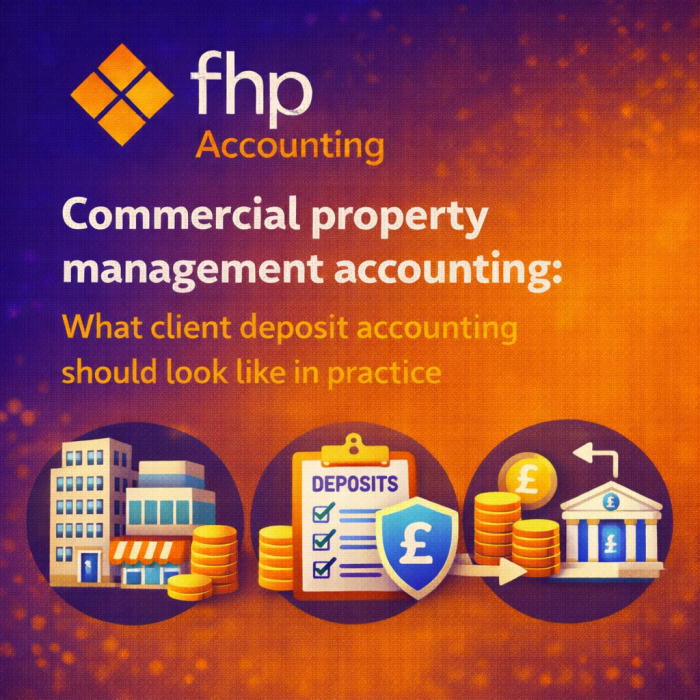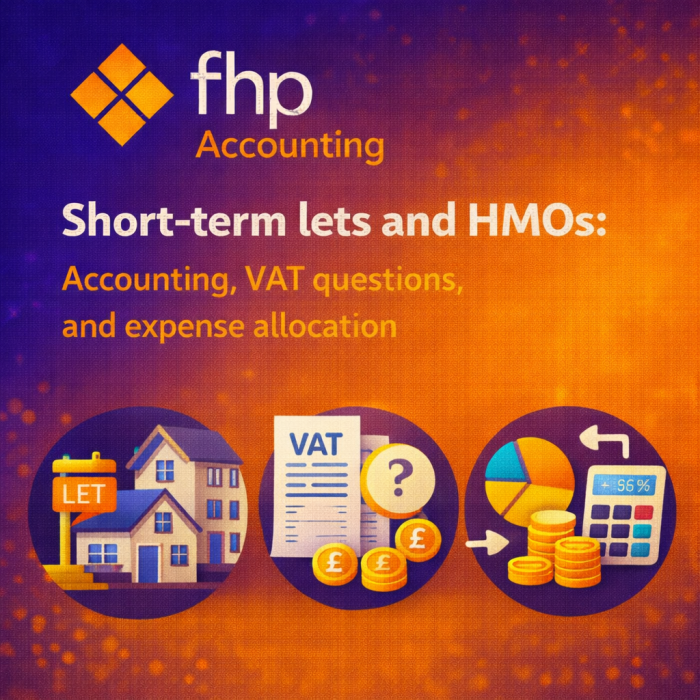Should You Transfer Your Property into a Limited Company?
If you own investment property in your personal name, you might be wondering whether it makes sense to move it into a limited company. With tax rules constantly evolving, especially for landlords and property investors, this is a hot topic—and not a decision to take lightly.
In this article, we explore the upsides and downsides of transferring a personally owned property into a limited company, so you can weigh up what’s right for your portfolio and long-term plans.
✅ The Upsides: Why Investors Consider Moving Property into a Company
1. Corporation Tax is Lower Than Income Tax
Rental profits in a company are taxed at Corporation Tax rates (currently 25% for most companies), which is significantly lower than higher and additional rate Income Tax (40%–45%) for individuals.
This means:
-
More of your rental profit stays within the company to reinvest or pay down mortgages.
-
You control how and when to extract income.
2. Mortgage Interest Relief is Fully Deductible
Individuals can no longer deduct full mortgage interest from rental income (since Section 24 changes). But companies still can—this can make a big difference to your bottom line if the property is mortgaged.
3. Easier to Share Ownership
A limited company structure can allow for easier profit-sharing, succession planning, or co-ownership with family members or business partners through shareholdings, rather than joint property ownership.
4. Potential for Inheritance Tax (IHT) Planning
Shares in a property company can be placed into trusts, gifted gradually, or structured for better IHT planning than physical property—especially for larger portfolios.
5. Professional Image
Operating through a company can offer a more professional structure—especially if you’re growing a serious property business rather than owning a one-off investment.
⚠️ The Downsides: What You Need to Consider Carefully
1. Capital Gains Tax (CGT) on Transfer
Transferring property to a company is treated as a sale at market value, even if no money changes hands. That means you may have to pay Capital Gains Tax upfront, based on the property's increase in value.
There are no automatic CGT reliefs, unless you’re running a genuine property business and meet specific conditions for Incorporation Relief.
2. Stamp Duty Land Tax (SDLT)
Your company must pay Stamp Duty Land Tax on the property's market value—even though you already own it. For residential property, the 5% surcharge applies too.
This can be a significant upfront cost that eats into any long-term tax savings.
3. Higher Mortgage Costs
Buy-to-let mortgages for limited companies can come with:
-
Higher interest rates
-
More restrictive lending criteria
-
Higher fees
Lenders see company structures as slightly riskier, so your borrowing power may reduce.
4. Tax on Extracting Profits
While Corporation Tax is lower, you pay personal tax again when you extract money:
-
Salaries are subject to Income Tax and National Insurance
-
Dividends are taxed (8.75% to 39.35% depending on your income)
So, if you need the income now, a company structure may not save you money overall.
5. More Administration
Running a company means:
-
Filing annual accounts and confirmation statements
-
Keeping detailed records
-
Possibly needing professional help with company accounts and tax planning
This adds cost and complexity.
📊 When Might It Be Worth It?
Transferring to a company might be worth considering if:
-
You plan to hold the property long-term
-
You don’t need immediate access to the income
-
You have multiple properties or a growing portfolio
-
You’re looking at long-term tax efficiency and inheritance planning
-
You’re happy to reinvest profits and build a property business
🔍 Final Thoughts
There’s no one-size-fits-all answer here. Transferring a property into a company can offer tax benefits—but it’s not a shortcut. It often involves paying tax now to save tax later, and the long-term gains depend on your financial goals, income needs, and how you plan to run the property.
Always speak to a qualified tax adviser or accountant before making the move. It could save you tens of thousands in the long run—or help you avoid a costly misstep.
Thinking of incorporating your property portfolio?
We offer bespoke advice for property investors weighing up the pros and cons. Whether you're starting small or managing a multi-property portfolio, we can help you plan smartly and tax-efficiently.
📞 Get in touch to schedule a meeting.

I lead FHP Accounting, an accountancy practice specialising in Commercial and Residential Property Accounting. Our goal is to make the administration of running property portfolios easier for landlords, managers, and investors — allowing you to focus on what you do best, while we take care of everything behind the scenes.


